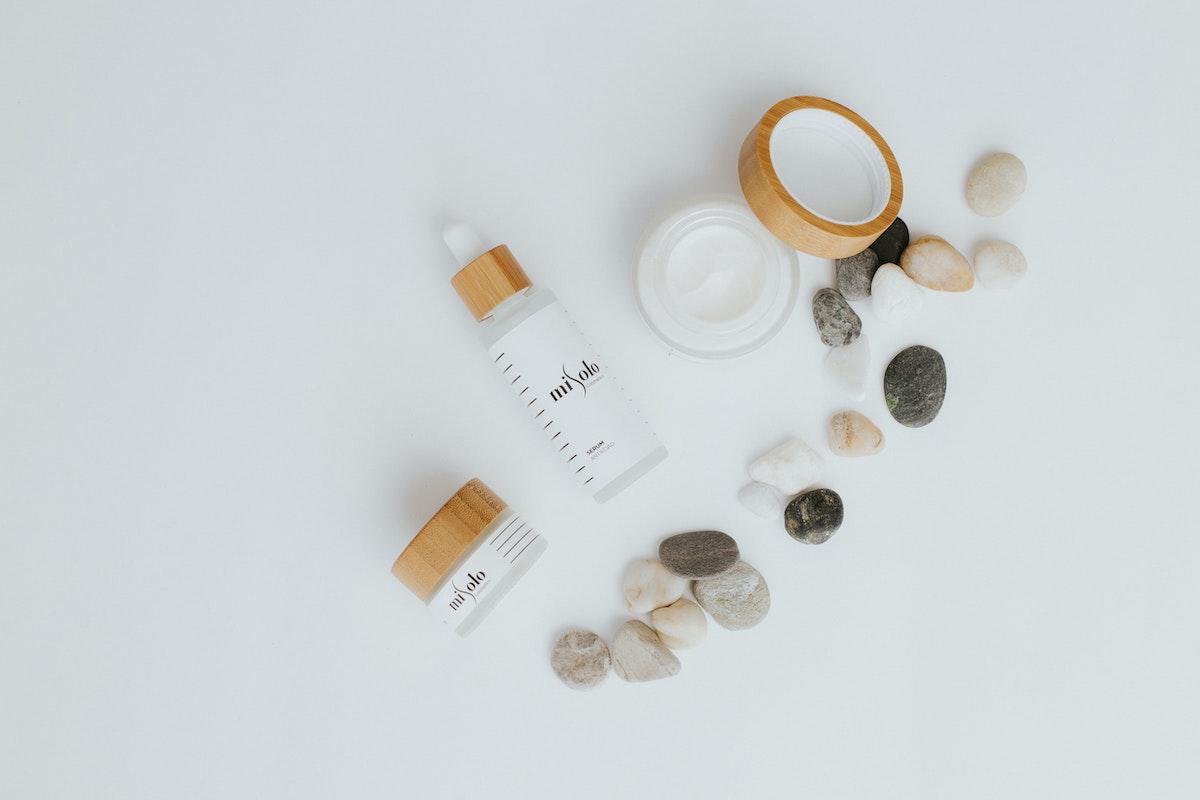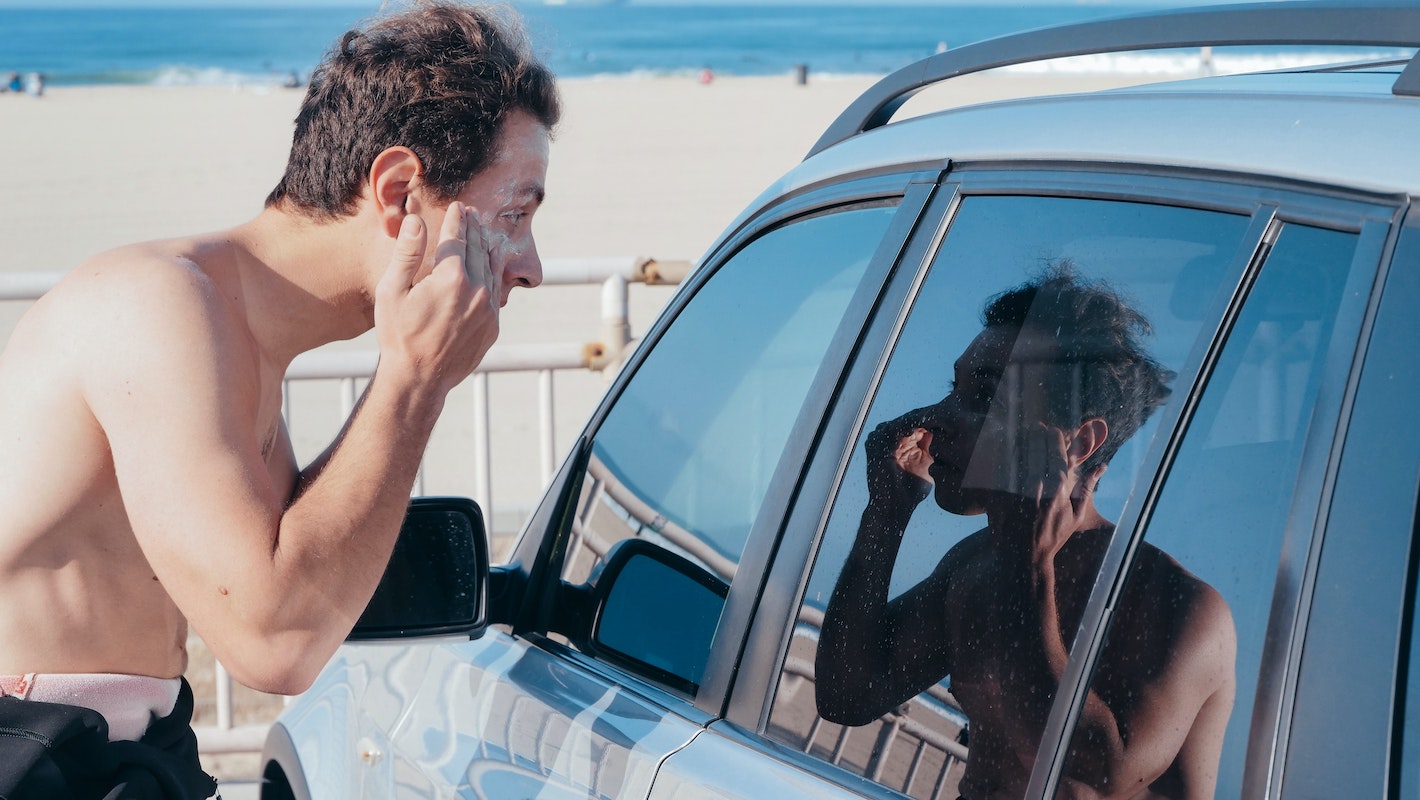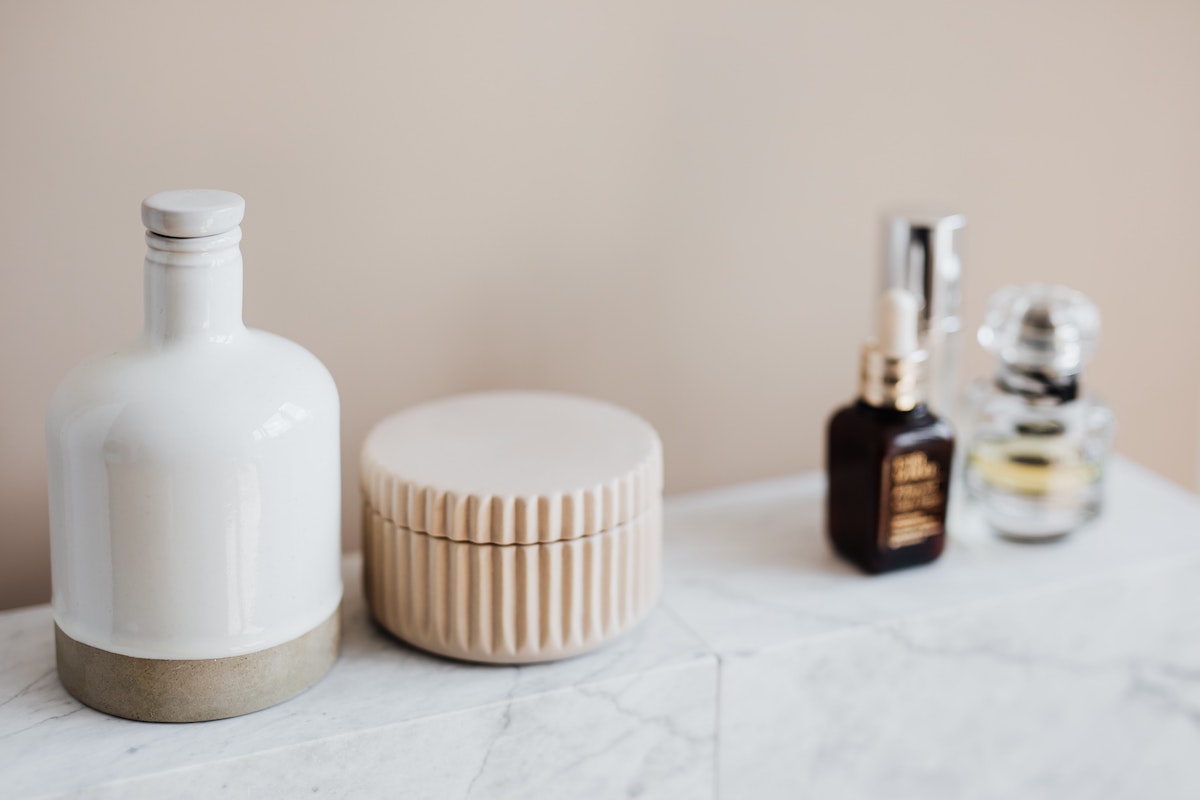
Seasonal shifts may have you overhauling your closet and dresser. Out with the sweaters, sweatpants, and boots. In with the Tees, board shorts, and sandals. You may not think to revamp your bathroom cabinet — the one with all of your skincare supplies. However, experts share that your summer skincare routine will look different than the one you use when the weather is cooler.
“Summer skincare for males involves protection, hydration, and adapting your routine accordingly to account for heat and humidity,” said Wendy Long Mitchell, MD, a dermatologist and GRYT expert advisor in New York City.
A big reason for the summer skincare routine tweaks? Your other routines are likely changing, too. The warmer, longer days mean more time outside, or you may be jet-setting somewhere — flights can dry out the skin.
Keep your flight and al fresco lunch plans. Experts share skincare tips for a flawless season.

Skincare for summer: What are men’s biggest concerns?
Sun is No. 1, said Dr. Long — and for good reasons.
“Harmful UV rays from the sun can contribute to premature aging, sunburns, and skin cancer,” Dr. Long said.
Another dermatologist echoed Dr. Long’s sentiments and noted that men have unique needs regarding sun protection.
“Since men usually have shorter hair and many of them have thinning or balding scalps, the areas like ears, back of the neck and top of the scalp tends to accumulate a lot of the sun damage,” said Kseniya Kobets, MD, the director of cosmetic dermatology at Montefiore-Einstein Advanced Care.
“Another concern related to heat and humidity conditions is acne breakouts,” says Dr. Kobets. “Excess oil production may lead to clogged pores and breakouts.”

Summer skincare tips: Do’s and don’ts for men
When plotting out your skincare for summer, keep these dermatologist-backed tips in mind.
Do: Wear a mineral sunscreen
Dr. Kobets prefers broad-spectrum mineral-based sunscreens with zinc oxide and titanium dioxide. These sunscreens protect against UVA and UVB rays, which can increase a person’s risk for skin cancer and premature aging. She recommends using at least SPF 30 and opting for SPF 50 if heading outside.
“Generously apply sunscreen to the face, sides of face, ears, and neck,” she said.
Dr. Kobets avoids chemical sunscreens, saying these options can cause eye irritation (if the sunscreen sweats into the eyes). Rashes and burning are also potential side effects, she said.
Don’t: Forget to protect your lips
Dr. Long suggests using an SPF balm on the lips.
“Sun exposure can damage [the lips], leading to chapped, dry lips — and possibly skin cancer,” Dr. Long said.
Don’t: Think sunscreen alone is enough
A sunscreen is an essential tool for summer skincare routines. However, Dr. Kobets advises people to do more to protect themselves from the sun. Her other tips include wearing:
- A hat (especially if the hair is thinning)
- UPF clothing
- Long sleeves
- Sunglasses
Dr. Kobets also recommends seeking shade.
Do: Reapply sunscreen
Applying SPF once in the morning won’t be enough, Dr. Kobets said.
“[You] need to reapply every two hours,” she explained.
The American Academy of Dermatology also recommends reapplying sunscreen after swimming or sweating.
Do: Stay hydrated
Drink up (water, that is).
“Stay hydrated by drinking plenty of water and snacking on foods with high water contents like watermelons, cucumbers, and celery,” Dr. Long said. “These will all contribute to keeping skin supple and radiant.”
This step will also ward off dehydration and the side effects, such as dizziness, that can be the wrong kind of beach bummer.
Don’t: Over-exfoliate
Exfoliation can help turn over dead skin cells, protect against breakouts, and give you a glowing look. However, you can also over-exfoliate.
“Overdoing it could damage its protective barrier system and result in irritation or, worse, damage which leaves your body more prone to acne, allergies, and inflammation,” Dr. Long said.
Do: Wash your face
Dr. Long said this step would provide protection from breakouts. However, go easy on yourself.
“It’s vitally important that we wash our faces twice per day with gentle cleansers,” Dr. Long said.
Don’t: Forget facial hair/beard hair
Hot temperatures mean more sweat — and more opportunities for breakouts.
“Beards and facial hair can be a breeding ground for bacteria if not washed and exfoliated properly,” says Dr. Gary Goldfaden, MD, a dermatologist. “Facial hair traps dead skin cells and bacteria onto the skin.”
Dr. Goldfaden says this bacteria can clog pores.
“Daily skincare regimen is imperative for clean, clear skin,” said Dr. Goldfaden. “Try not to touch your face as this is the number one way to spread bacteria. Always wash after working out as sweat left on the face and body is a breeding ground for bacteria.”
Do: Use a light moisturizer
Keeping skin hydrated is imperative come summertime. However, you don’t want to feel like you have product caked on your face. While a heavier moisturizer may feel luxe during the colder months, you’ll likely want to opt for a lighter one come summer.
“Products containing hyaluronic acid will keep skin hydrated without feeling heavy or greasy, providing much-needed hydration to skin cells without feeling heavy or sticky,” said Dr. Long.

Most important tweaks to make
Skincare routines can be highly individualized. However, these are Dr. Goldfadden’s top adds to a skincare routine each summer.
- Cleanse. “The skin is exposed to numerous pollutants from just stepping outside,” said Dr. Goldfaden. “Soot, car exhaust, sun, secondhand smoke, and bacteria can wreak havoc on the skin, leaving a layer of dirt and free radicals behind.”
- Exfoliate. This step polishes away dead skin cells, leaving you looking radiant. However, proceed cautiously – as Long said, too much exfoliation can damage the skin. A dermatologist (and trial and error) can help you find your happy medium.
- SPF. “Always,” Dr. Goldfaden said simply.
If you have concerns about summer skincare, speak with a dermatologist.



